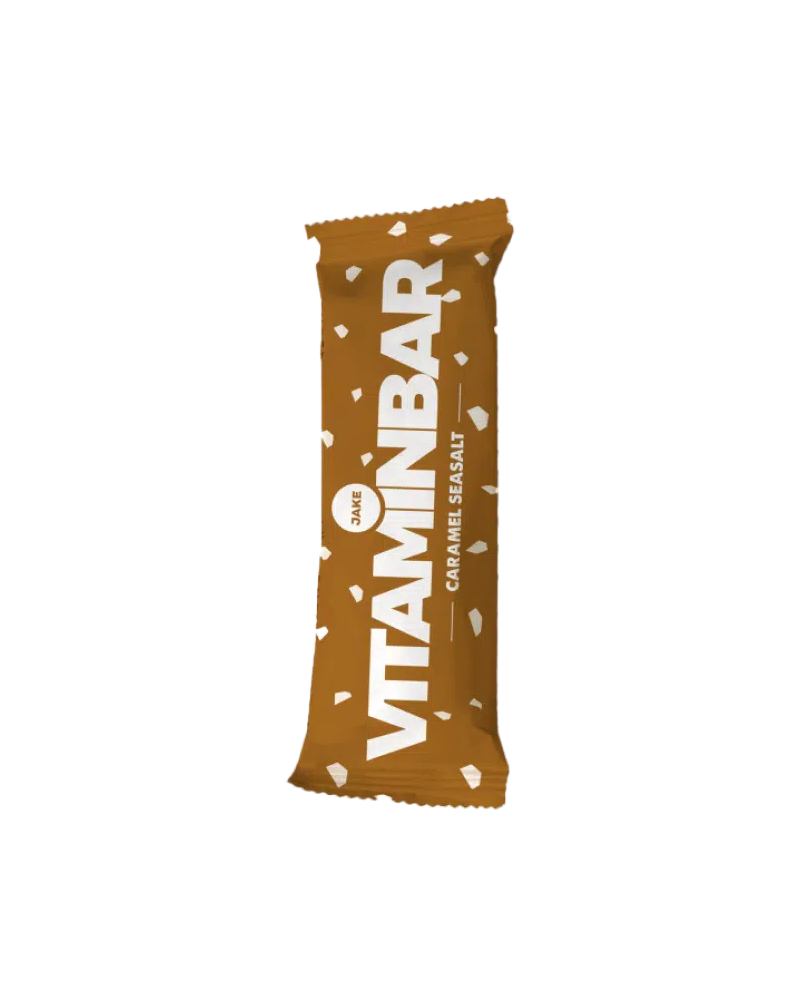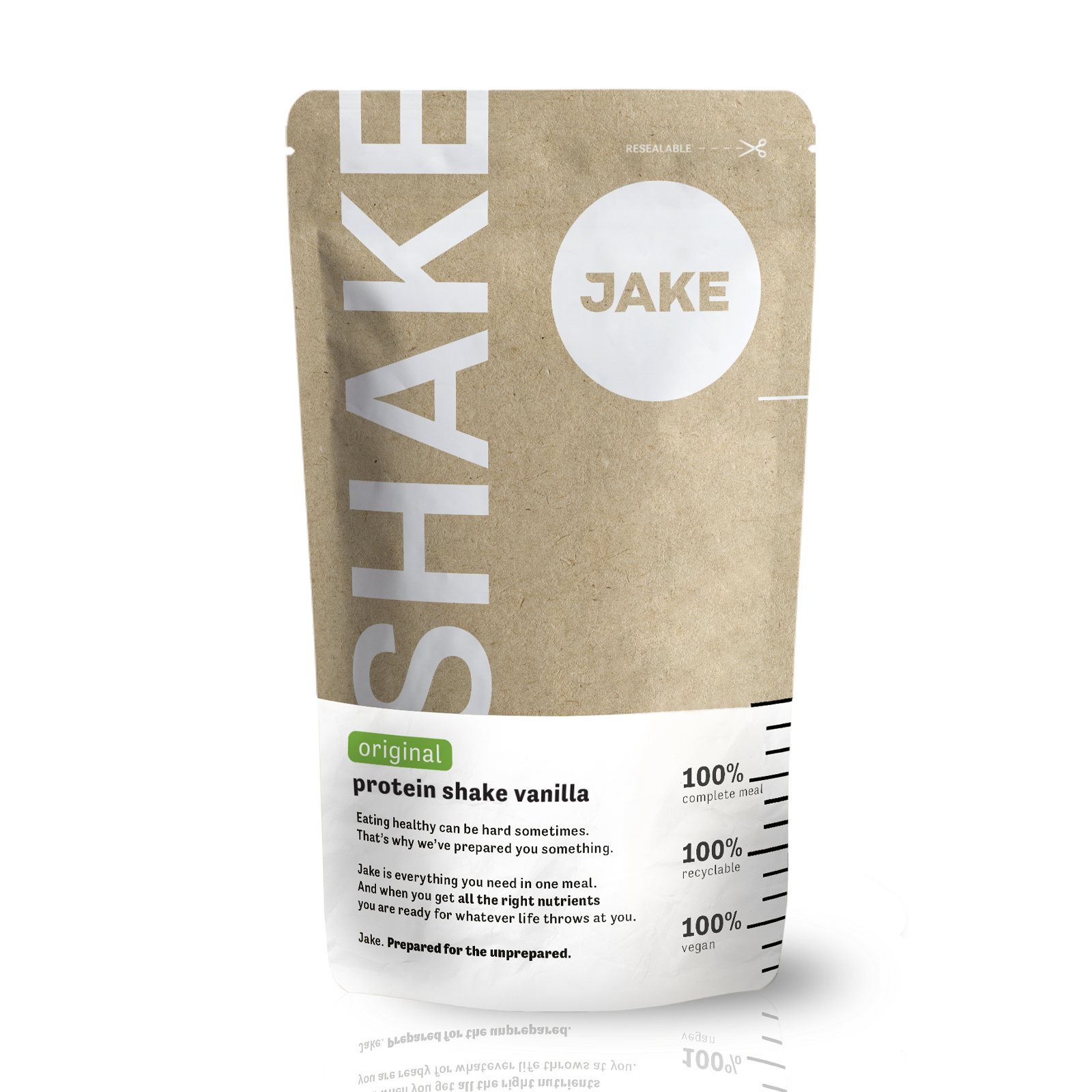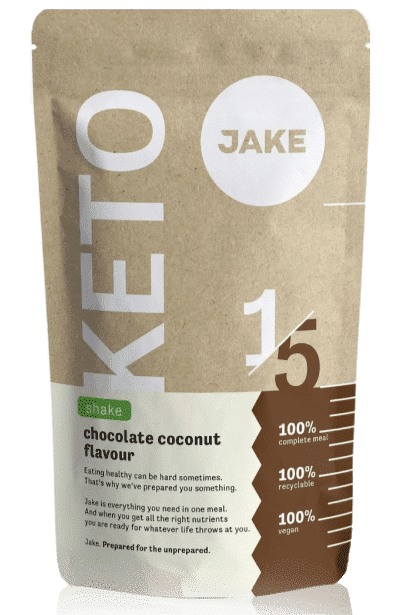Why switch to a plant-based diet?
As vegetarian diets have become increasingly popular, a vegan diet has also gained much more recognition as a healthy and potentially therapeutic food choice. The number of people who eat vegan every day has been set at 1.5%. With a population size of 17.4 million, there are 261,000 people. This figure is more than 110,000 higher than previous estimates.
What is a plant-based diet?
A vegan diet means that you only eat foods that come from plants. Those who diet avoid all animal products, including meat, dairy products and eggs. Some people also don’t eat honey. For some, being vegan is a food choice, while for others it is a lifestyle choice.Vegan diets usually contain a lot of fruits, vegetables, beans, nuts and seeds. Eating a variety of these foods provides a wide variety of important vitamins, minerals, healthy fats and proteins.
However, people following this diet must ensure that they are getting important nutrients that humans usually consume in animal products. These nutrients include iron, protein, calcium, vitamin b12 and vitamin D.
Vegan diets usually contain more dietary fiber, magnesium, folic acid, vitamins C and E, iron and phytochemicals, and often these diets are lower in calories, saturated fat, cholesterol, omega-3 fatty acids, vitamin D, calcium, zinc and vitamin B12. Vegans generally have a lower risk of cardiovascular disease, obesity, type 2 diabetes and some cancers. A vegan diet appears to be more useful for increasing the intake of protective nutrients and phytochemicals and for minimizing the nutritional factors involved in various chronic diseases.
Health benefits
Vegan diets can provide all the nutrients you need. In addition, they can eliminate some of the potential risks that several studies have associated with negative effects of animal fats. Research has linked the vegan diet to a range of health benefits.
Better heart health
Vegan diets can improve heart health in several ways. In 2019 a large-scale study has linked a higher intake of plant foods and a lower intake of animal foods with a reduced risk of heart disease and death in adults. Animal products, including meat, cheese and butter, are the main dietary sources of saturated fats. According to the American Heart Association (AHA), eating foods containing these fats increases cholesterol levels. High cholesterol increases the risk of heart disease and strokes. Plant foods also contain much more fiber, which the AHA has linked to better heart health. Animal products contain little or no fiber. The main sources of fiber are vegetables and grains. In addition, people on a vegan diet often consume fewer calories than people on a standard Western diet. Moderate calorie intake can lead to a lower body mass index (BMI) and a reduced risk of obesity, a major factor in heart disease.
Lower risk of cancer
According to a 2017 review article, eating a vegan diet can reduce the risk of cancer by 15%. This health benefit may be due to the fact that plant foods are rich in fiber, vitamins and phytochemicals (more biologically active compounds in plants that can protect against cancer). Research on the effects of diet on the risk of specific cancers has produced mixed results. The International Agency for Research on Cancer reports that red meat is “likely to be carcinogenic,” but notes that the research has linked this mainly to colon cancer, but also prostate and pancreatic cancer.
Weight loss
People who follow a vegan diet tend to have a lower body mass index (BMI) than people who follow other diets. The researchers behind a 2015 study reported that vegan diets were more effective for weight loss than omnivores, and semi-vegan diets. In addition, they turned out to be better at delivering the macronutrients. Many animal foods are high in fat and calories, so replacing these with low-calorie plant foods can help people manage their weight. However, it is important to note that eating a lot of processed or high-fat plant foods, which some people call a vegan junk food diet, can lead to unhealthy weight gain.
Lower risk of type 2 diabetes
According to a large review article from 2019, following a plant-based diet can reduce the risk of type 2 diabetes. The research linked this effect to eating healthy plant foods, including fruits, vegetables, whole grains, nuts and legumes.
Environmental benefits
A global shift to diets less dependent on meat and more on fruits and vegetables could save up to 8 million lives by 2050, cut greenhouse gas emissions by two-thirds and lead to health care savings, Oxford researchers write. Imbalanced diets, such as diets low in fruits and vegetables, and high in red and processed meat, are responsible for the greatest health burden worldwide and are also responsible for more than a quarter of all greenhouse gas emissions.
The environmental impacts were assessed by the researchers using four different nutritional scenarios conceived for the year 2050: a ‘business as usual’ scenario based on predictions of future diets, a scenario based on global dietary guidelines with minimal amounts of fruits and vegetables, and limits for the amount of red meat, sugar and total calories, and vegetarian and vegan scenarios that both meet the dietary guidelines.
They found that adopting diets in accordance with global dietary guidelines could prevent 5.1 million deaths per year by 2050. Even greater benefits would come from vegetarian diets (avoiding 7.3 million deaths) and vegan diets (avoiding 8.1 million deaths). About half of the deaths avoided were due to a reduction in red meat consumption, the other half to a combination of increased fruit and vegetable intake and a reduction in calories, resulting in fewer overweight or obese people.The study predicts that by 2050, the food-related exclusion of greenhouse gases could make up half of the emissions the world can afford if global warming is limited to less than 2 ° C. Adopting the global dietary guidelines would reduce food-related emissions by 29%, vegetarian diets by 63% and vegan diets by 70%.
Why switch to a plant-based diet?
Several studies show a variety of health benefits for our body. In addition, it can also help a lot in maintaining your current weight or losing weight if you want to. In addition to health effects, a vegan diet also has a very positive effect on the environment. Read more about how meal replacements can help in your diet.
Eating vegetables doesn’t have to be difficult, many essential nutrients can be found in vegetables, whole grains and vegetable oils. Do you find it very difficult to prepare nutritious vegan meals? Or you just don’t want to put a lot of effort into it? All Jake products are completely plant-based and can therefore be consumed without feeling guilty about the current status of the climate. In addition, you can be sure that you will always receive a complete meal.








